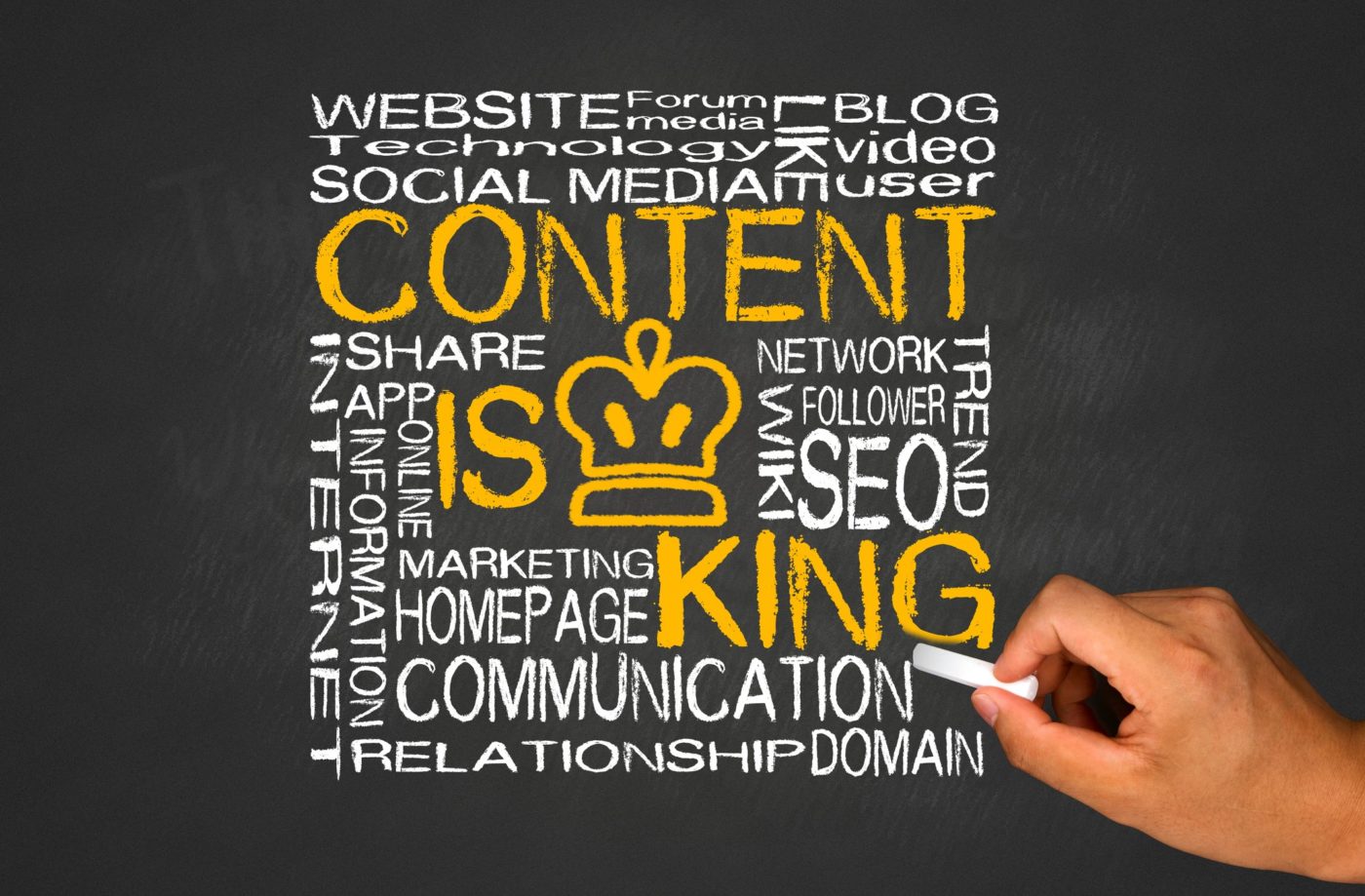
Jan 9, 2017
Can you tell me a bit about Hey Sippy and what you guys do?
Hey Sippy is a content marketing and production company. Simply put, we help companies tell their stories and reach their audience through a variety of mediums. Whether brands are looking for written content, amazing design, compelling videography and photography, social media content or website development, we’re here to help.
Because we utilise a network of creatives from all around the world, we can provide a flexible solution that can work anywhere, anytime, and is instantly scalable depending on your business’ needs. Every member of our network has been personally tested and vetted by us to ensure brands receive the highest quality of work possible.
How did you find yourself working in Digital Marketing (A content focussed position)?
Working in digital marketing and content is actually a combination of my two passions. I was always interested in the written word (I had my first news article published in The Wentworth Courier when I was 16) and had geared my studies towards becoming a journalist. However, I had always enjoyed the digital world and figuring out how things worked.
So initially, I worked in custom publishing (for The Messenger Group, now known as Collective Hub) before becoming the Digital Producer for that’s life! magazine (and eventually Optimisation Manager) at Pacific Magazines. After that, it was onto “agency-land” as a Content & SEO Manager after which I finally took the leap and started my own company – Hey Sippy – where I get to indulge in my two passions.
How has the Digital Marketing world changed for you in the last 5 years?
So much as changed but here are the big things I’ve noticed.
- Many brands are now (finally) embracing the need for an online presence. Having worked in the magazine industry, I know that many editors were initially wary of website cannibalising magazine sales.
- People are realising that they need to invest in SEO. The problem is that they don’t really know what SEO is (or how to go about it) and are hesitant about enlisting the services of professional SEO companies.
- The whole social media game has changed. 10 years ago, it was basically all about Facebook. What’s more, all you needed to be successful on Facebook was good content and interaction with your customers. However, nowadays, your organic reach on Facebook can be as low as 2% so businesses need to start being cleverer about what they do. And that’s just Facebook! Nowadays you also need to be on Twitter, Pinterest, Instagram, LinkedIn… the list goes on.
How important is content when creating a successful Digital Marketing strategy?
It’s the most important thing! Content isn’t just words on a page. It’s the videos you produce and the images you share. It’s the content of your blogs, and what you post on social media. It’s everything really.
If I had to choose between a campaign that relied solely on good, strong content versus a paid campaign eyeballs, I’d go with content every time. PPC campaigns might get you a quick return but they tend to be expensive and they’re hard to sustain in the long term. Good content, on the other hand, will always do well as long as you amplify and promote it (which you can do for free or at a low cost).
Also, the simple fact is that good content can succeed without PPC (look at Gelato Messina for instance – they’ve never put any spend into advertising) but PPC can never survive without good content. An ad that gets 1,000,000 views means nothing if the content of the ad doesn’t resonate with people.
What are the main skills needed to have a successful career in content?
Attention to detail, a way with words, and a creative spirit.
Who has been the biggest inspiration (mentor) in your career and why?
One of the most amazing mentors (and people) I’ve known is my former manager at Pacific Magazines. He showed me what it meant to be a great leader. Not only was he not afraid to get his hands dirty (he was able to step into the roles of any member of his team if they were out sick,) but his goal was always “train your staff so they’re good enough to replace you”.
What 3 pieces of advice would you give to any graduate considering a career in Digital Marketing/Content?
- Learn. Most roles in digital marketing these days will require a very broad skillset. For example, if you get a role as a Digital Producer, you’ll need to know how to write, design, code in HTML, manage various, social media platforms, book ads, edit videos and images, create GIFs… you get the idea. It’s fine if you don’t know how to do all of these things right away, but you’ll need to be willing and eager to learn.
- Be humble. Don’t expect to get a job that pays the big bucks straight out of university. You might have a degree but so does everyone else in your office. The only difference is that they also have years of career experience on top of that.
- Talk to people. As a digital or content marketer, you need to have a good understanding of how everything works together. You’ll need to understand how words influence the design, how design influences web development, how PPC lets you amplify that, and so on. Talk to experts in your company and learn from them (remember point #1?). Even if you don’t become an expert, the ability to understand others’ roles will serve you well when you become a manager.
What would you consider to be the biggest disruptions and biggest developments in the Digital Marketing/Content sector of late?
The main thing is that consumers are much more discerning nowadays. Traditional advertising doesn’t work as well as it used to and people are hyper-aware of when they’re being sold to. So companies need to shift from an outbound selling approach and move towards an inbound approach where they offer genuine and significant value to customers.
It’s not enough to have a blog on your website. Your brand needs a blog that offers actionable insights and value to your customer. You can’t just be on social media. You need to have real conversations with customers and show that you’re listening and adapting.
Lastly, how do you see technology and Digital Marketing strategies developing over the next 5 years?
VR, the Internet of Things, RFID, Snapchat, Periscope, Beacons – all of these new (and not so new) developments mean that there are now some really cool avenues for content marketing.
For example, say a supermarket has a digital marketing strategy where they run online ads, a blog with constantly updated recipes, and a social media strategy with video content that showcases the farmers behind the food. All of those new technologies I mentioned would let the supermarket go a step further.
Let’s say you (the customer) buys a packet of cheese has an RFID chip in it that tracks its location. The packet of cheese is finished and goes into the bin. Your smart fridge notices this and adds a reminder to your phone to buy more cheese. On your way home from work, you pass by the supermarket and receive a geo-targeted alert that tells you there’s 10% discount on cheese. However, you’re in a rush so you go home where you put on your VR headset and conduct an online purchase by buying from a VR supermarket. When you check-out, you can also take a picture using a custom Snapchat filter that puts you in a draw to win $500 of free groceries.










